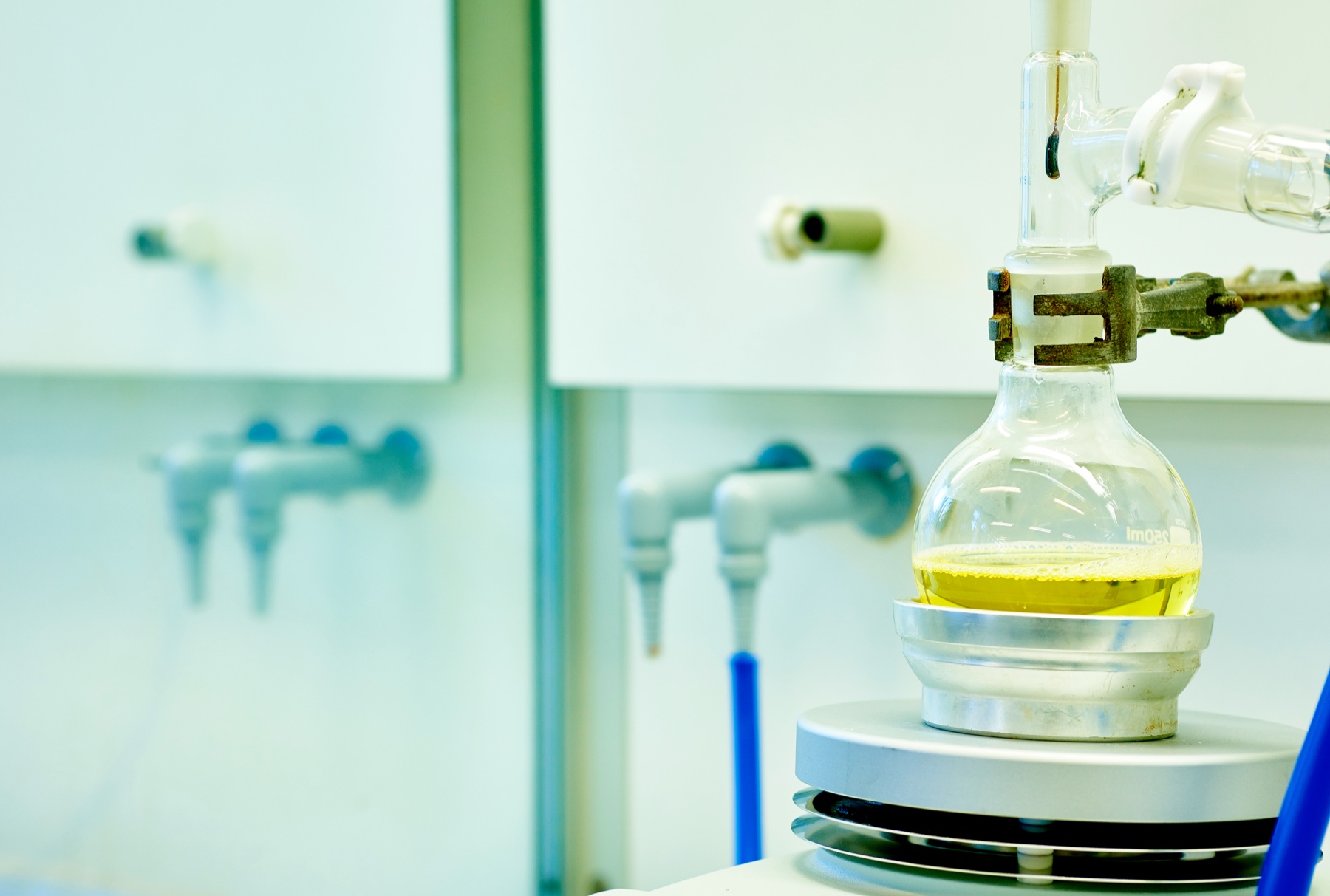Chemical Engineering Partnerships
Collaborate with a leading UK university for expert chemical engineering partnerships for analytical services, consultancies, and research.
Analytical services
Our chemical engineering partnerships provide access to equipment and analytical services through the Chemical Engineering Analysis Suite and the Advanced Chemical and Materials Analysis unit.
Our services are available to anyone within Newcastle University and externally.
CEAM analysis suite
The Chemical Engineering and Advanced Materials analysis suite (CEAM-AS) encompasses a range of surface and chemical analysis equipment located in the School, including:
- particle size and zeta potential analysis
- surface area and porosity (BET)
- high sensitivity gas chromatography, FTIR, and ICP
- high-temperature Raman Microscopy
There's a small charge to cover consumables for all equipment. For enquiries, please contact Rob Dixon.
Advanced chemical and materials analysis Unit
ACMA is a team of analytical specialists with considerable experience in the characterisation of materials and minerals used in a variety of engineering and physical science applications. We are also able to characterise geological and other natural samples.
Services include:
Consultancy
We offer a professional consultancy service covering a wide range of expertise in our chemical engineering partnerships.
We've provided high quality advice for a diverse range of companies, covering numerous industrial sectors from the pharmaceutical and aviation industries to utilities.
We have the expertise and equipment to provide research, testing, and inspection services, particularly in the materials area. For more information, visit the Advanced Chemicals and Materials Analysis website.
Expertise
- Bio, hydrogen/oxygen, and direct alcohol fuel cell technologies.
- Polymerisation processes, process intensification, and assessment of novel reactor technologies for a range of applications.
- Failure analysis (plant problems, failed components); materials problems and selection issues, coating selection and testing, and wear failure and testing.
- Electrocatalysis, photo(electro)catalysis (especially by TiO 2), water, wastewater, and waste treatment by electrochemical, photoelectrochemical methods (Advanced Oxidation Processes), academic/industrial interface, and research and commercialisation.
- Nanoparticle formation, characterisation, and modification. Paint and polymer solar durability.
- Bioprocess modelling, monitoring, optimisation, and Process Analytical Technologies (PAT) technologies.
- Computational fluid dynamics, process intensification, thermodynamics, and fluid flow.
- Design, development, and commissioning of instrumentation and control systems for the automation of plant used in the chemical and process industries, including costs and benefits analysis, specification of requirements, modelling and simulation of plant dynamics, control systems analysis, computer control systems design, and design of protection systems.
- Industrial statistics, multivariate data analysis, and data based modelling.
- Plating, pulse plating, electrodeposition, surface analysis, and corrosion.
- Chemical engineering, electrochemical engineering, membrane separations, reactor engineering, and environmental protection.
- Surface science, clusters, semiconductor nanoparticle synthesis and characterisation, carbon nanomaterials and characterisation, and metal nitridation.
- Chemometrics, spectroscopic characterisation of powders, liquids, and suspensions.
- Chemical process development, thermochemistry, modelling, scale up, and batch to continuous.
- Chemical process modelling, monitoring, optimisation, and control.
- Fuel Cells offer a full range of associated fuel cell services including component, electrode and stack design, fabrication and testing, catalyst screening, and production.
Equipment
We have expertise in all aspects of applied Chemical Science and Engineering. A wide range of high specification equipment will support you throughout.
- ChemSpeed SLT106 Synthesiser
- Corrosion analysis
- Electrochemical plating
- Fuel cell test systems
- Gel permeation chromatography
- In-situ paint and polymer degradation use infrared analyses
- In-situ electrochemical Fourier Transform InfraRed spectroscopy
- Nanoindentation
- Near Infra Red Spectroscopy
- Reaction calorimetry
- Current/voltage/time techniques including cyclic voltammetry and a.c. impedance
- Standard analytical capability – HPLC, GC, GC MS, UV-Vis Spectroscopy
- Viscometry
- Wear analysis
- X-ray Diffraction
- X-ray Photoelectron Spectroscopy
Contact us
Contact us to discuss your specific chemical engineering partnership requirements.
Faculty of Science Agriculture and Engineering Enterprise Team
Email: sage.business@ncl.ac.uk
Telephone: +44 (0)191 208 3721
